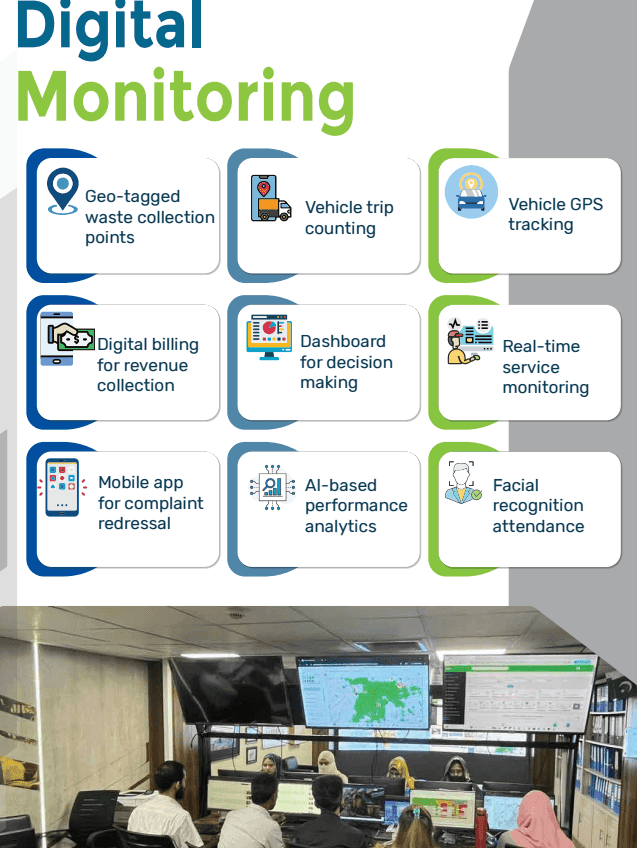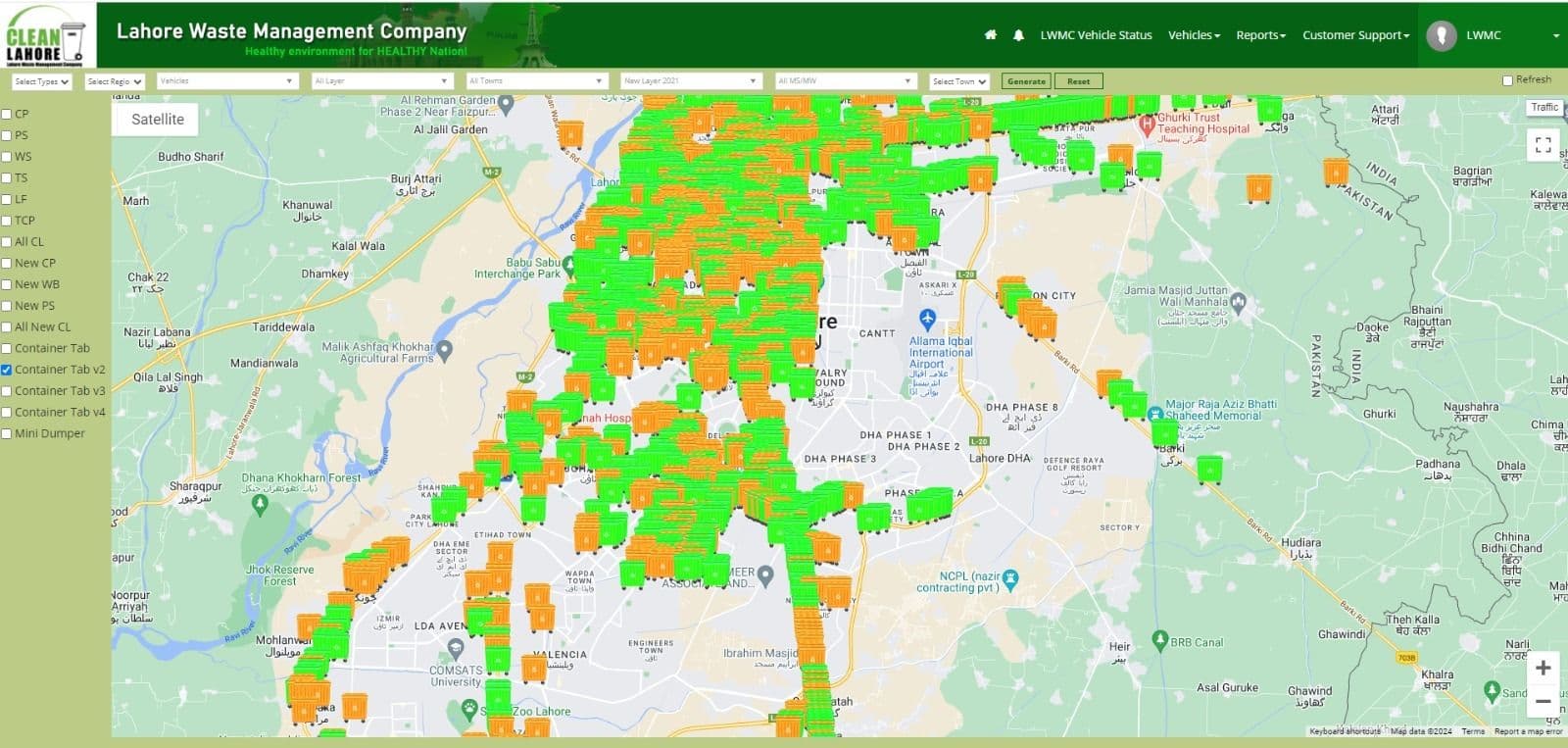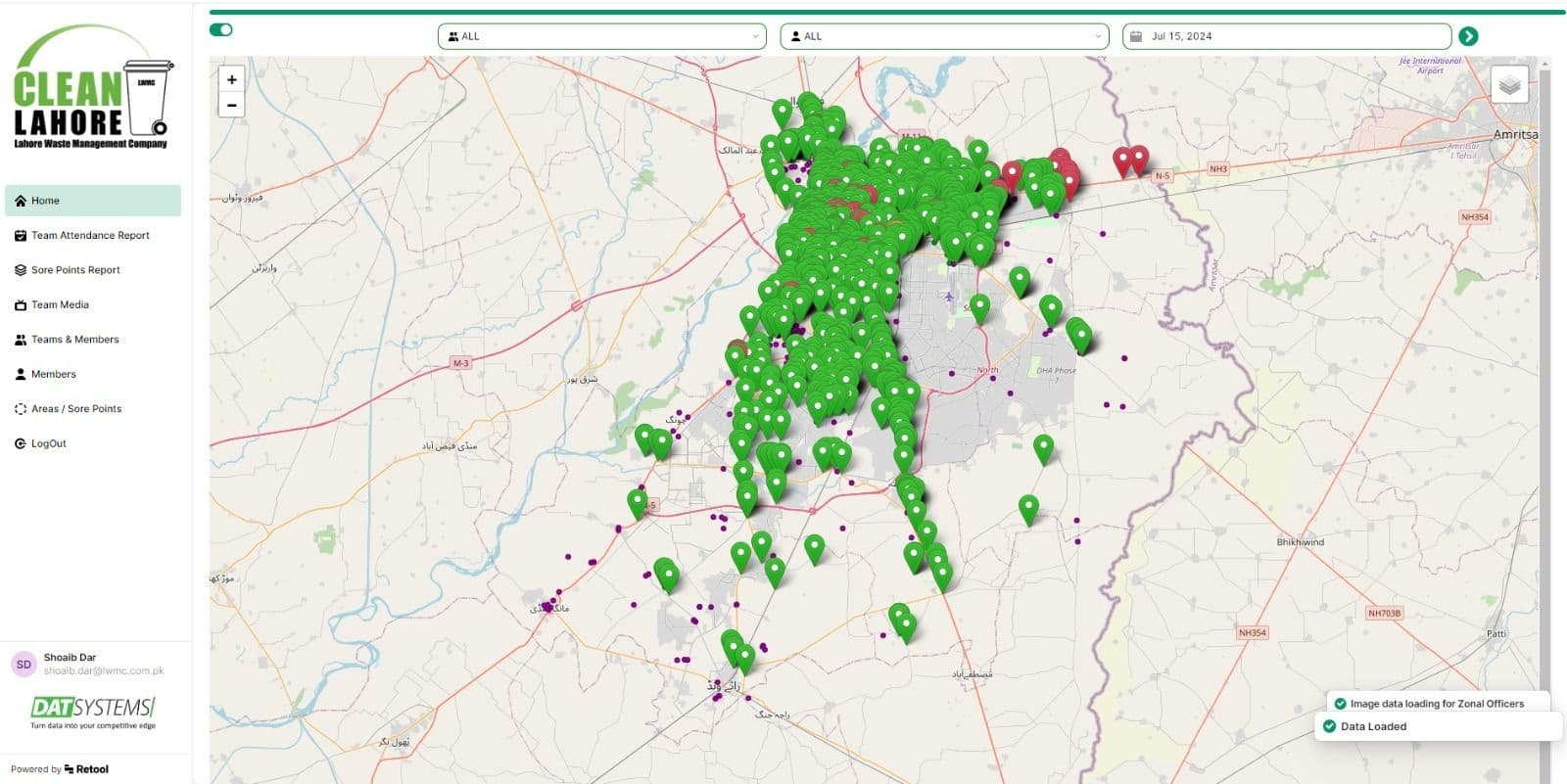Suthra Punjab: Leading Asia's Clean Revolution
How Punjab is positioning itself as a regional leader through technology-driven waste management and the ambitious vision of a Zero-Waste Province.

The Government of Punjab has taken a historic and transformative step by launching the Suthra Punjab Program, a province-wide cleanliness and waste management initiative aimed at creating a Zero-Waste Punjab. This flagship program reflects the government's unwavering commitment to public health, environmental sustainability, and modern urban governance.
Punjab is one of the most populated and rapidly developing regions in South Asia. With urban expansion, rising consumption patterns, and limited waste disposal mechanisms, solid waste management had become a pressing challenge. Every day, thousands of tons of waste went unattended, especially in rural and peri-urban areas. The lack of structured systems not only affected the environment but also posed serious risks to public health and community well-being.
Recognizing the urgency of this issue, the Government of Punjab, under the leadership of Chief Minister Maryam Nawaz Sharif, introduced Suthra Punjab as a landmark reform program. The initiative focuses on building a province-wide, integrated sanitation system that covers every town, village, and city—leaving no community behind.
Through Suthra Punjab, the province is positioning itself as a regional leader and role model in the sanitation sector. While many countries in Asia continue to grapple with large-scale waste mismanagement, Punjab is taking a bold, structured, and technology-driven approach to ensure that waste is collected, transported, and disposed of in a safe and sustainable manner.
This initiative is not limited to short-term clean-up drives; it's about systemic change. The program focuses on four core pillars: policy and governance, establishing a clear regulatory framework and institutional mechanisms to ensure consistent service delivery; infrastructure development, building collection systems, transfer stations, and proper disposal facilities across the province; community engagement, involving citizens, local bodies, and civil society in awareness campaigns and behavior change programs; and technology and innovation, leveraging digital tools and smart solutions for efficient waste management.
By integrating these pillars, Punjab aims to achieve the vision of a Zero-Waste Province, making it a cleanliness champion in Asia and setting a new benchmark for other regions to follow. A key strength of the Suthra Punjab Program is its use of technology and innovation to modernize the sanitation sector. Traditional waste management methods alone cannot address the scale of the problem—modern solutions are essential for transparency, accountability, and efficiency.


The program has introduced digital dashboards and mobile applications that allow real-time tracking of cleanliness operations. From waste collection routes to service response times, every activity is digitally monitored. This ensures that issues are identified quickly and resolved efficiently, minimizing service gaps.
Through user-friendly mobile applications, citizens can report waste-related complaints instantly. These apps are connected to centralized control rooms, enabling authorities to take prompt and targeted action. This participatory approach encourages communities to become active partners in maintaining cleanliness.
Waste collection vehicles are equipped with GPS trackers, enabling authorities to optimize routes, reduce fuel consumption, and monitor attendance and performance. This not only improves service delivery but also ensures better resource utilization. The integration of data analytics allows planners to analyze waste generation patterns, identify high-need areas, and design collection systems accordingly. Data is also used to evaluate performance indicators, which helps in making informed policy and operational decisions.
Suthra Punjab has introduced digital attendance systems, task allocation apps, and performance tracking for sanitation workers. This enhances accountability and operational efficiency, ensuring that human resources are utilized effectively. By embracing these technological innovations, Suthra Punjab is building a smart sanitation ecosystem where services are monitored in real time, citizens actively participate, and decisions are based on data rather than guesswork.
This approach ensures transparency, minimizes waste leakages, and builds trust between the government and citizens. Suthra Punjab is not just another government program—it's a landmark step toward modernizing governance, protecting public health, and improving quality of life for millions of residents.
With its ambitious vision, strategic planning, and strong political will, Punjab is well on its way to becoming the cleanest province in the region, setting an example for others to follow. The integration of technology, community participation, and systematic infrastructure development positions Punjab as a true pioneer in Asia's clean revolution.



